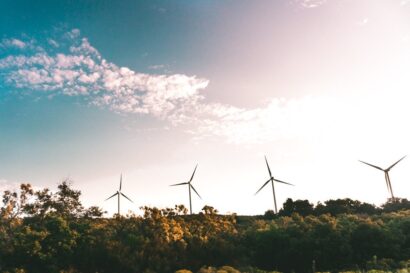REPORTS & BRIEFINGS | 05/10/2020
Building a net zero emissions economy: Next steps for government and business

The UK needs a comprehensive net zero delivery plan
There is mounting evidence that sustainable, resilient and inclusive investments have some of the highest short- and long-run multipliers in a recession, meeting the most important criteria for a strong and sustainable recovery.
In the short run, green investments perform substantially better on jobs than traditional stimulus investments: for instance, clean energy infrastructure is particularly labour intensive, creating twice as many jobs per dollar spent than fossil fuel investments. Construction projects like insulation retrofits and building wind turbines (or installing broadband networks, planting trees and restoring wetlands) are less import intensive than many traditional stimulus measures and lead to higher multipliers.[1] Embedding net zero delivery in a recovery strategy is a clear way for delivering short and long term economic growth.
Based on the Aldersgate Group’s recent work on economic recovery,[2] this report sets out some of the key policy decisions that government needs to take in this parliamentary term to put the UK on track for net zero emissions and support businesses and investors as they seek to cut emissions across supply chains, develop new business models and invest in low carbon infrastructure.


